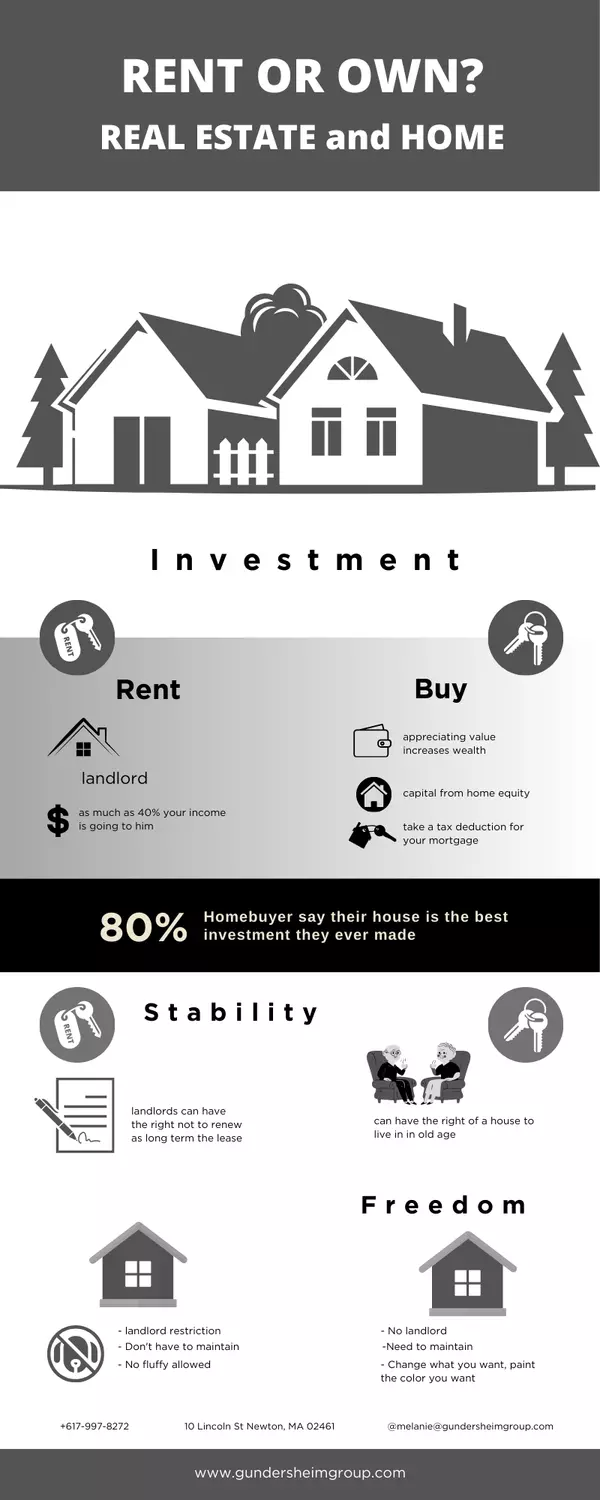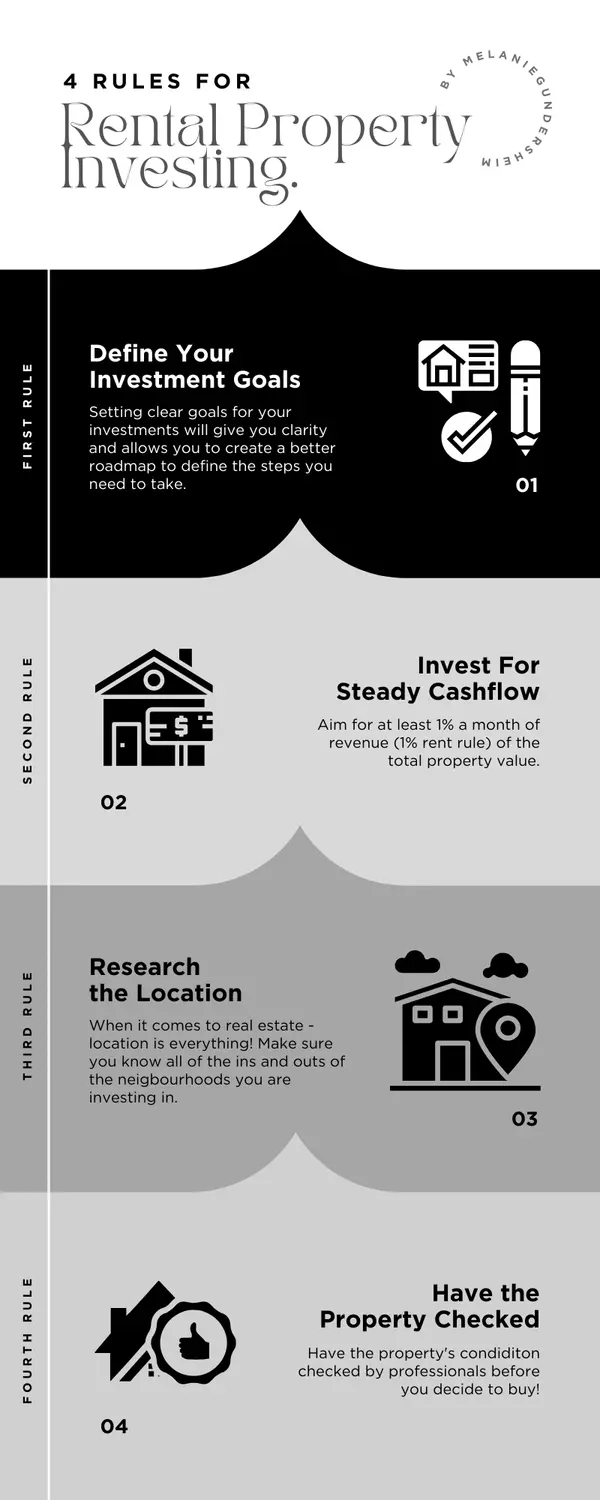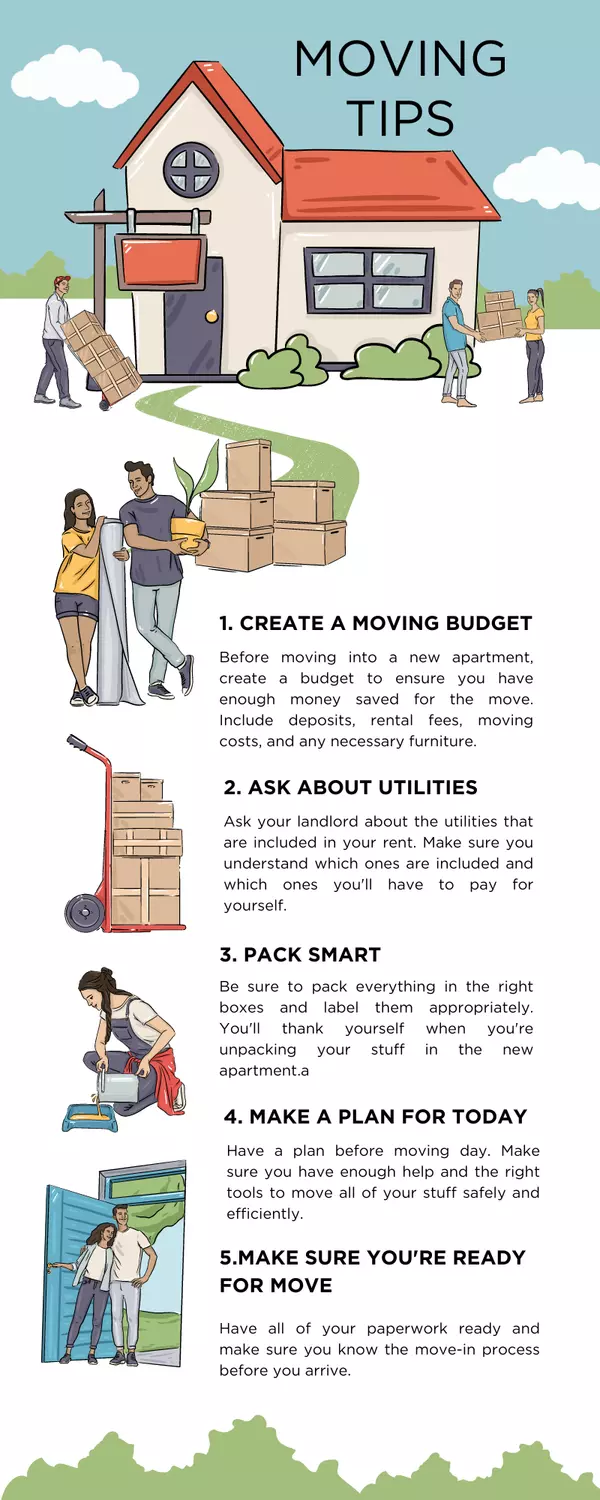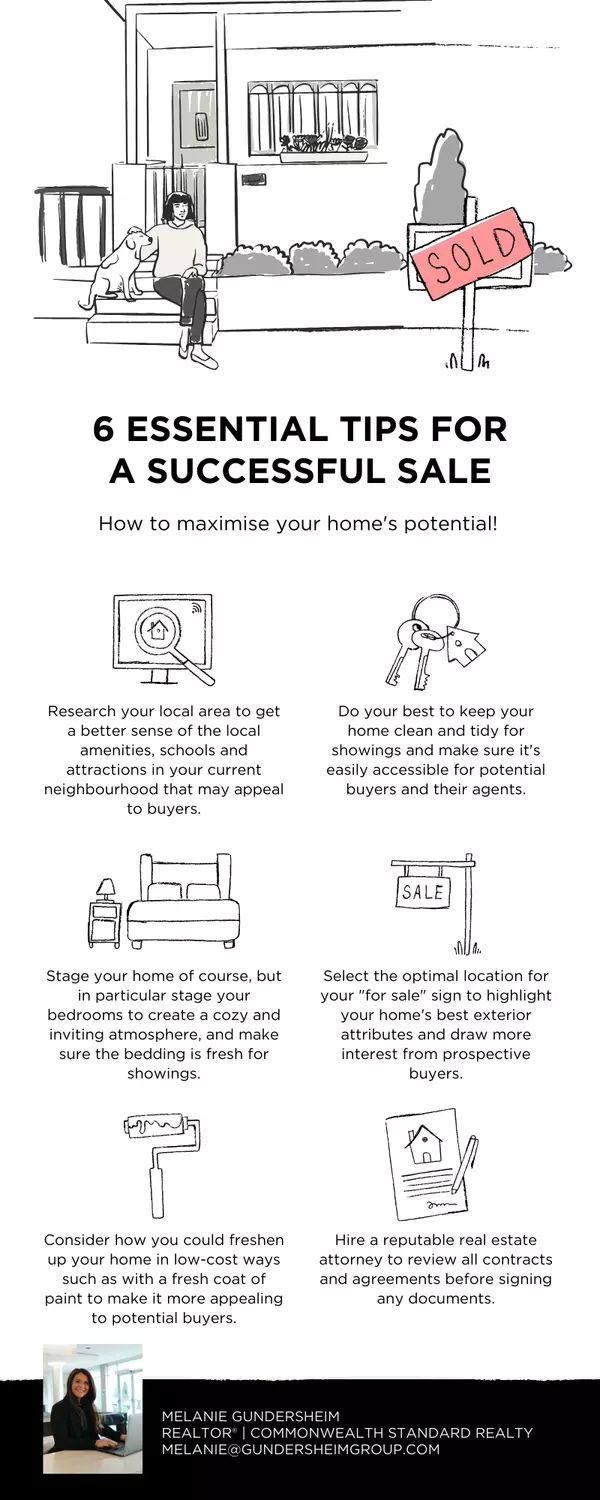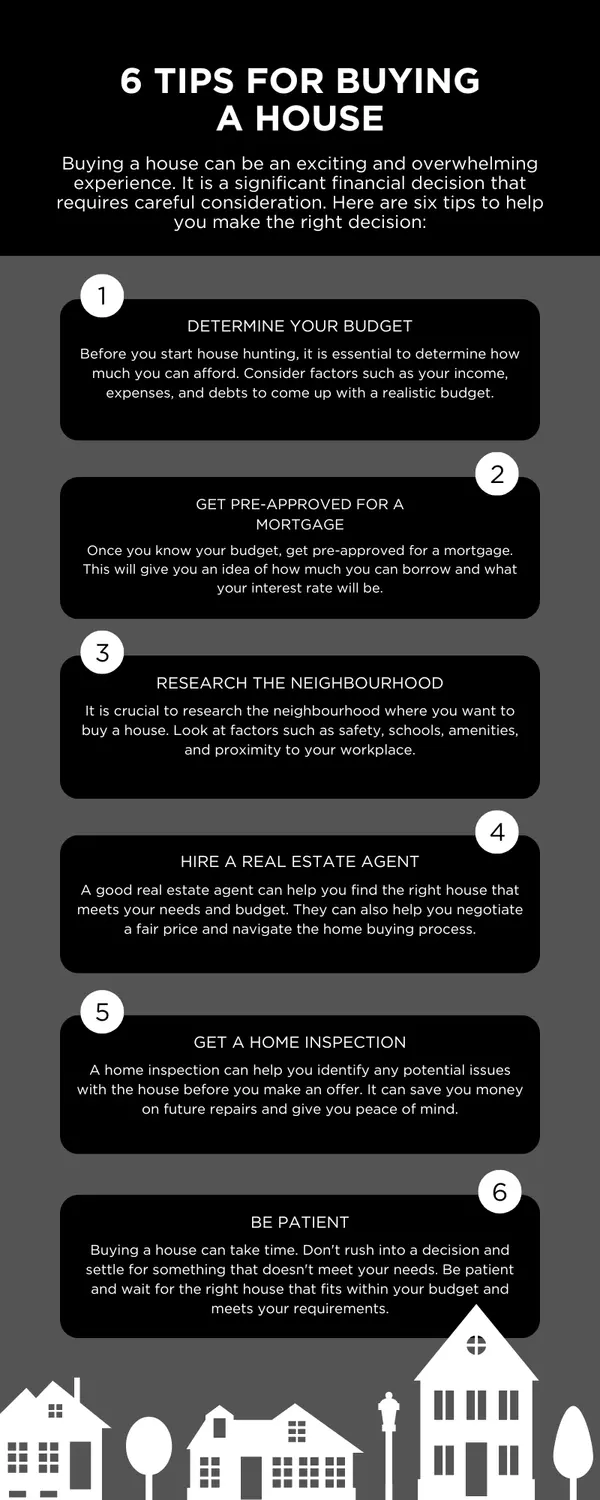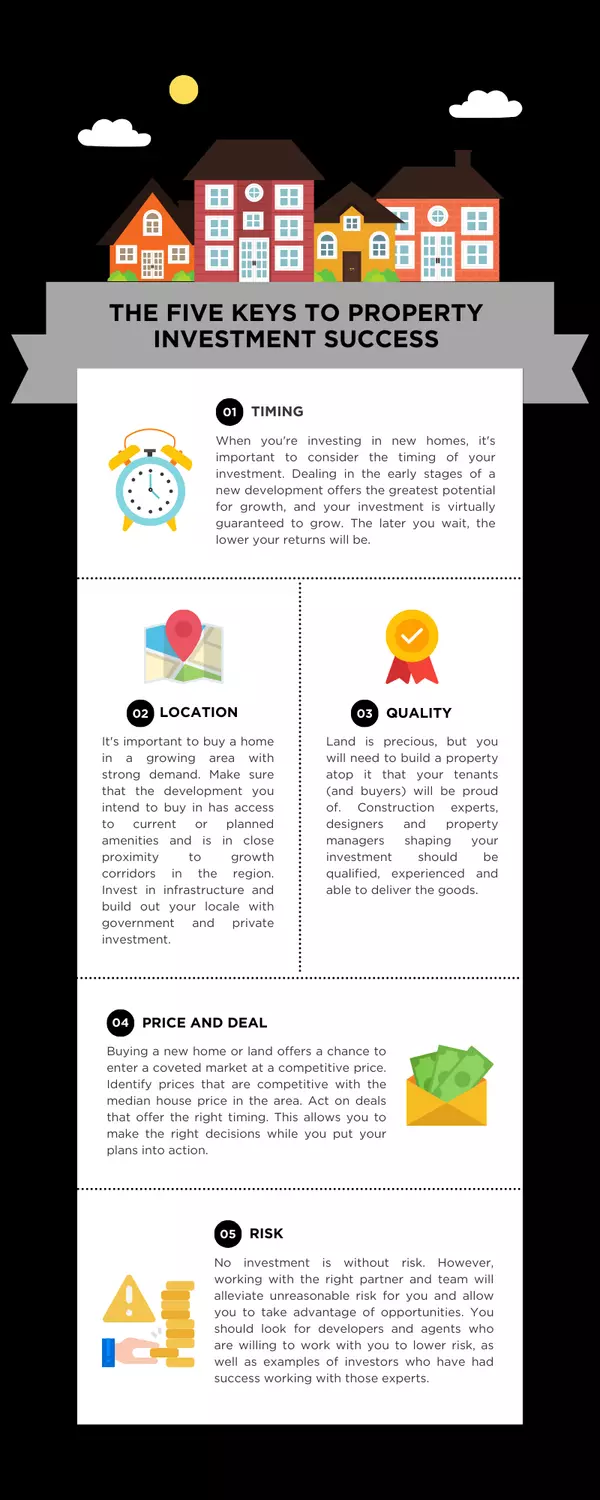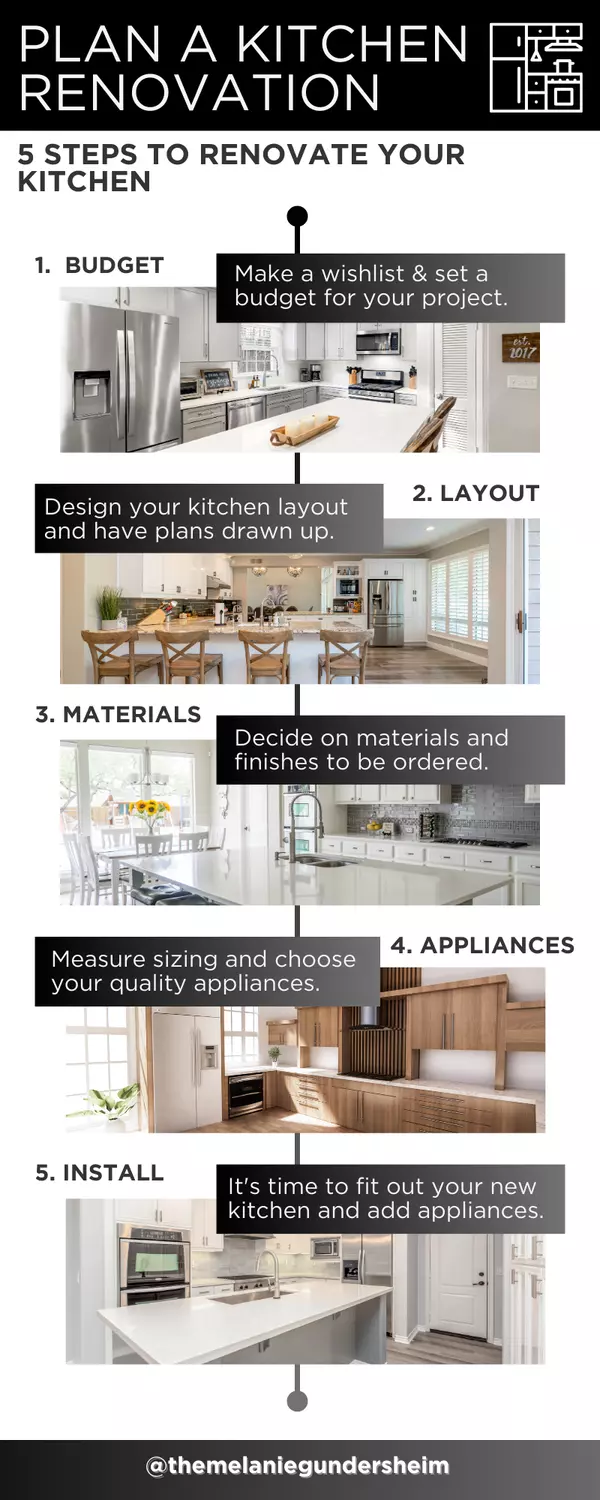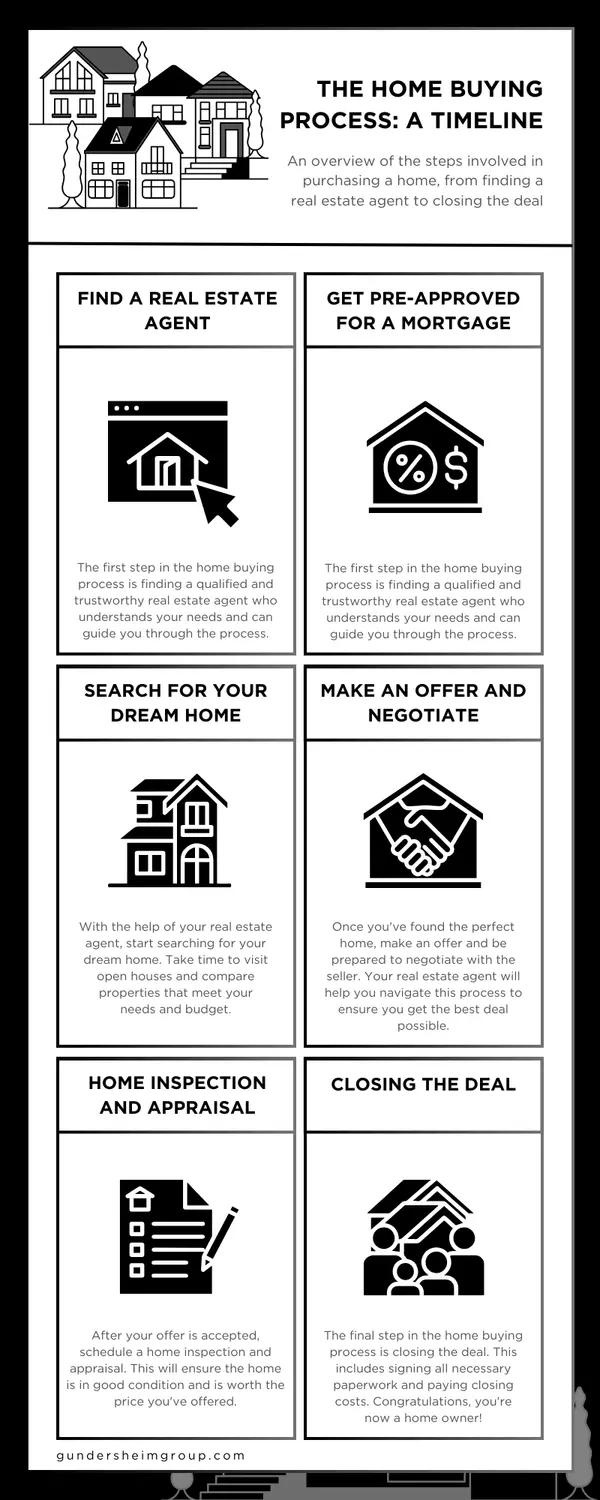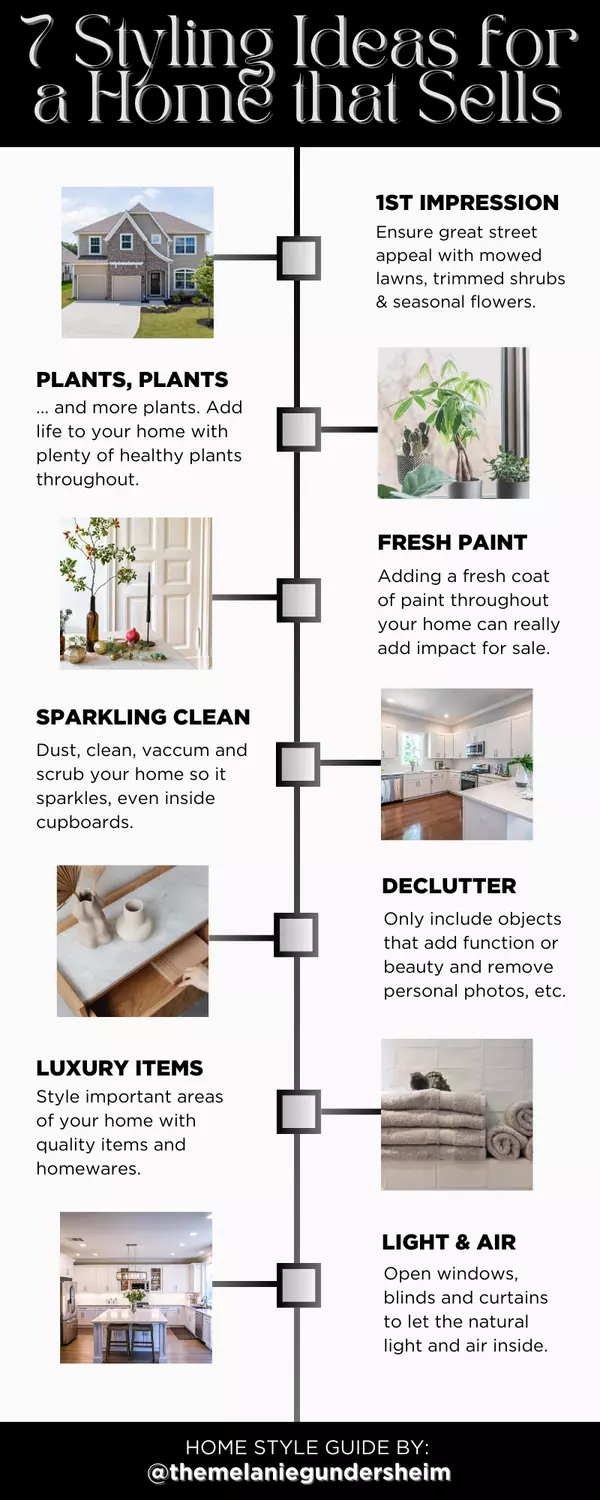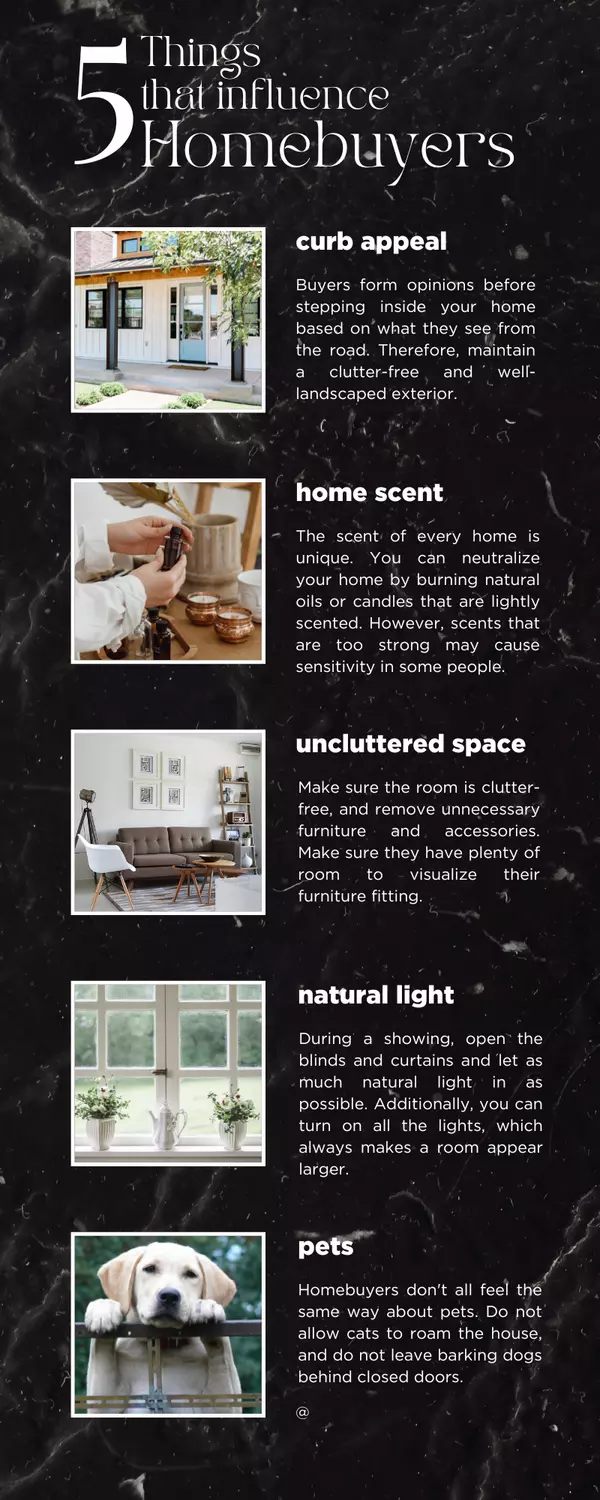RENT or OWN? REAL ESTATE and HOME
Deciding whether to rent or own a home is one of the most significant financial decisions many people face. Both options have their own set of benefits and drawbacks, and the right choice depends on individual circumstances, financial situation, and long-term goals. This blog explores the key factor

Melanie Gundersheim
Phone:+1(617) 997-8272
Leave a Message
MORE

Spring 2026 in Boston Real Estate: What to Expect Before You List or Buy

Top Home Features Boston Buyers Will Want in 2026
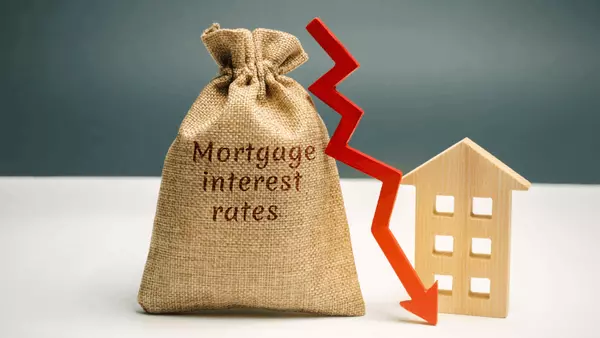
Navigating Mortgage Rates & Affordability in Boston in 2026

Boston Real Estate Market Outlook for 2026: What Buyers & Sellers Should Know

4 Reasons Your House Is High on Every Buyer’s Wish List This Season

Why Buying a Home Still Pays Off in the Long Run

